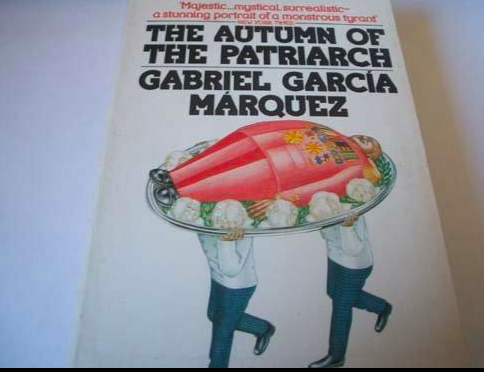President Trump’s “national emergency” at the border with Mexico is a wholly manufactured crisis designed to please his base and divert attention away from recent political defeats.

The defeats have been carefully chronicled, but the outlandish lies require further analysis. Our top three would be: 1) We face an existential crisis, tantamount to an invasion at the border. 2) Drugs are pouring in from Mexico, and a wall will end that criminal trade. 3) Poor women and children traveling to America to escape unacceptable social conditions in Central America (and Mexico) represent a grave threat to America.
First, Trump’s claim that America faces an invasion from the south is belied by the data. As the Mexican birthrate continues to drop (Mexico’s population is about 120 million) and its economy improves, more Mexicans are returning home from the U.S. than arriving here. The number of Mexicans without documentation living in the U.S. has declined by one million persons since 2007, according to the respected Pew Hispanic Trust, and apprehensions of undocumented immigrants at the border are at their lowest point since 1971. In the year 2000, apprehensions at the southern border numbered 1.6 million. Today, that number is less than a quarter of that.
Trump’s next claim is one that he’s made since the first day of his campaign for president: A wall is necessary to stem the flow of drugs from Mexico. We learned some details about the movement of cocaine from the global south, through Mexico, and into the U.S. thanks to the recent trial and conviction of Joaquín “El Chapo” Guzmán. Guzmán had smuggled 200 tons of cocaine into the U.S. Most of this cocaine came in via trains, trucks, and automobiles through legal entry points. A very small amount — maybe five percent — came across through open spaces between the U.S. and Mexico. Spending billions on a wall while 95 percent of illicit drugs pass through legal entry points illustrates the purely political nature of this “emergency” declaration.
Third, the one area we have seen an increase in migrant flow is from Central America — especially Hondurans, Salvadorans, Guatemalans, and, increasingly, Nicaraguans — arriving at our Mexican border. These people face desperate economic conditions at home, coupled with anemic leadership and de facto rule by violent gangs in some of those nations. These are the protagonists of the “caravans” seeking asylum in the U.S. who face hostile Trump administration policies at the border. Family separation and tear gas all too often have greeted these (mostly) poor women and children.
The border “crisis” is a manufactured political spectacle with human beings used as collateral. Trump discontinued the Obama-era Central American Minor (CAM) policy, designed to stem the flow of unaccompanied minors through Mexico by allowing minors to apply for refugee status in their home countries instead of at the border. Trump has also required asylum seekers to await adjudication of their claims in Mexico instead of passing into the United States. These policy changes have created an unnecessary build-up of people and tension at the border. A lawless and cruel administration in Washington has simply tried to create the appearance of an emergency.
The Trump administration invents statistics about the number of people heading to the U.S., and about their supposed intentions (criminal, negative, always hostile). The administration has also deceived the American public about the true nature of the drug trade and how trans-national shipments of narcotics actually operate. The Trump Wall, designed to seal the United States off from our southern neighbors, goes against the bedrock principles of this nation: open trade, collaboration with our neighbors, trust in our allies, and cooperation with one of our leading trading partners, Mexico.
Our real national emergency involves the ease with which an administration can shift law and policy without congressional approval, based on fabricated statistics and fantastical stories. The Latin American magical realists come to mind at a time like this. Gabriel García Márquez explained the alternative reality imposed by his all-powerful dictator in The Autumn of the Patriarch: “It doesn’t matter if it’s not true now,” said the Nobel Prize Laureate, “because sometime in the future it will be true. Sooner or later, people believe writers rather than the government.”
Bryce Ashby is a Memphis-based attorney and the Board Chair of Latino Memphis. Michael LaRosa teaches history at Rhodes College.